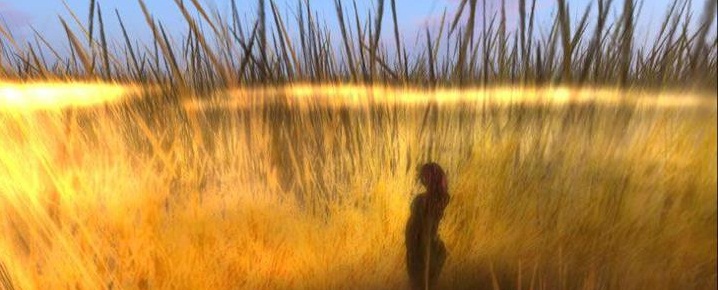What drives educational professionals to play video games these days? I’m not talking about the young-uns who have been playing since they got Mario and Pokemon in grade school (who are now all grown up and in graduate school), but people like Gee, Nardi, and myself, who never touched a video game until 2010, unless you count Second Life, which I went into in 2006. Second Life is another bag of goodies altogether, although some of the principles of gaming discussed by Gee hold for virtual worlds. The Sims falls somewhere in between. (To me, The Sims seemed like a watered-down Second Life without any real interactions, since you don’t play with other people.)
The answer for me was patently “for research” at the beginning, but I realize now that this was a lie. It was more for what Bissell described as “experiences.” It wasn’t for the thrill of uninhibited activity where I could do whatever I wanted with few or no consequences, either. I am a very boring virtual player by those standards. I act as morally in Second Life as I would in real life, for the most part, which is not saintly but certainly not lacking in inhibition or moral standards. In WoW, of course, I kill NPCs and monsters on a daily basis, but take no pleasure in antagonizing fellow players or treating them worse than I do people I meet in the flesh. Like many, I roll my eyes at those who do so, the trolls as they are called.
I think it was to have the experience of embodying a gamer. How do gamers feel about playing? How do games affect their lives? And I found out, like Nardi and Gee, that games can compel one to devote time to them. One will find time to play, despite many other personal and professional obligations. In an MMORPG, where one plays with other people, one feels obligation to keep up with the Jonses of one’s affiliation. And you miss them if you don’t check and and play. Gaming, although not usually physically taxing, can be fatiguing. It takes energy. It also gives back energy in a rush when something wonderful is achieved.
Like Nardi, I have found the virtual worlds are beautiful. They may be an acquired taste; compared to the breathtaking vistas of the Grand Canyon, they may suffer a devaluation. But they are art, no matter what Roger Ebert (rip) said about them. Crafted with devotion, they drive one in a moment of reflection to appreciate the beauty of a plant or animal, not just visually, but the animations and sounds as well. Real talent, skill, and hours of labor go into these environments.
In WoW, I am not a good raider, but I’ve done it enough to appreciate the skill and intelligence of a good raid leader. While gamers are frequently stereotyped as socially inept, some of the most astonishingly patient leadership I have ever seen has been in WoW. (I’ve seen plenty of mistakes made there, as well.) You ask why I don’t lead raids? I can’t. I’m too busy trying to stay out of the fire and poison pockets. In the meantime, the raid leaders are watching everyone in the raid, noticing the fall of a sparrow, so to speak, and saving our arses more often than not by reminding us to MOVE out of the path of wrath. Many of the raid leaders are military or former military personnel, by the way. This gives a small glimpse into the complexity of military leadership to someone like me who has only heard or read about it, or seen it in the movies.
One thing that both Gee and Nardi mention is that games can teach one to appreciate the diversity of human intelligence, that people from all different cultures, educational levels, and walks of life can play (and work–here the boundaries are definitely blurred) together, if not always successfully, often. There is drama and conflict, too, but probably less than you encounter in the day to day world, if you pay attention.
